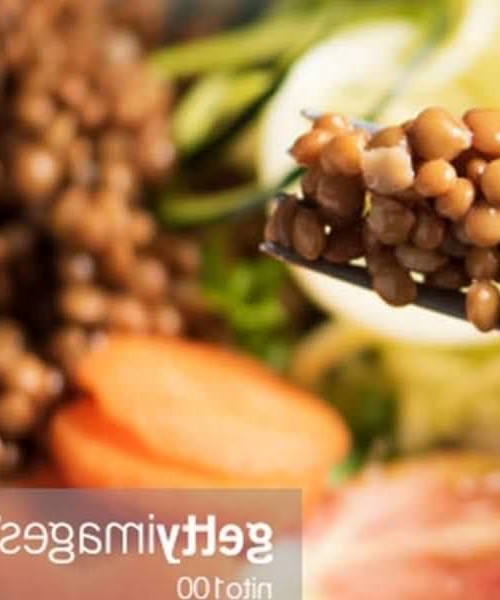Why Eat Beans?
There are plenty of reasons why you should eat more beans!

By continuing to access our website, you agree to our privacy policy and use of cookies, which help us understand who visits our website and how they use it. To learn more, read our updated privacy notice.
There are plenty of reasons why you should eat more beans!
According to the U.S. Dry Bean Council beans are:
Experts around the world recommend people eat more beans for their health benefits.
Health experts recommend people eat 3 cups of beans each week. Eating more beans is easier than you may think. Follow these tips for adding more beans to your daily diet:
Visit our FAQ section to find out more about beans and our products.
Learn More about Beans